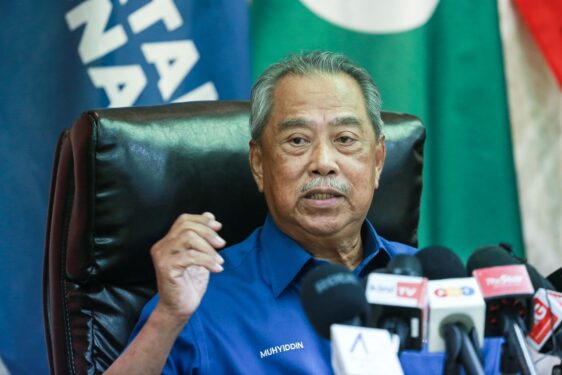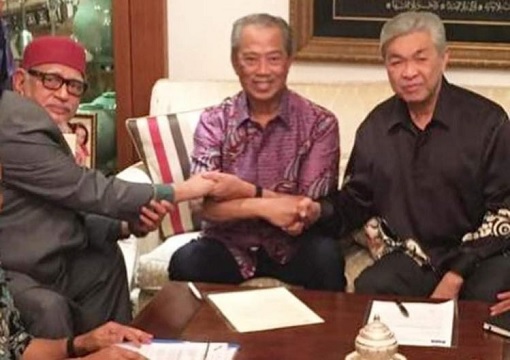KUALA LUMPUR: Asia-Pacific Economic Cooperation (APEC) member countries should commit to keep their market open during this challenging time and not retreat to protectionism measures, said APEC Secretariat executive director Tan Sri Rebecca Fatima Sta Maria.
She said in light of the Covid-19 pandemic, which has claimed almost 300,000 lives globally, the region needs to promote greater support for the healthcare system and ensure that medical supplies and medical equipment are affordable.
“We should all commit to this initiative to improve our position in the region so that we can come out of this pandemic together in a better shape that we are in now,” she said during the World Economic Forum-World Health Organisation Western Pacific Region online media briefing today.
The one-hour session, which was broadcast live on weforum.org and the forum’s social media channels, brought together key experts from the public health, government, business and media sectors to share their insights on the Covid-19 crisis.
Sta Maria said that all the APEC economies should work together to provide a fair, non-discriminatory, transparent and stable investment environment to ensure that trade and investment continue to flow, especially during these trying times.
“Our concern has to be on the (pandemic’s) impact on the most vulnerable in our economy as well as vulnerable economies.
“Trade is an important tool to facilitate access to medical goods which helps us to cope with the challenges that we are facing, especially with regard to access to personal protective equipment such as face masks and rubber gloves,” she said.
APEC represents 40.8% or US$404.5 bil (RM1.75 tril) of the essential medical goods’ global import value and 28.8% (US$271.8 bil) of global exports.
More than 90% of the trade of medical goods in the Asia Pacific region involves 10 of the 21 member economies.
Sta Maria noted that APEC understood that some countries had implemented export restrictions on medical goods, adding that such practices are allowed by the World Trade Organisation.
“However, what is important is for us to ensure that these measures are appropriate, proportionate, transparent and temporary.
“Moving forward, governments really need to provide greater support for the healthcare system and social protection,” she added.
The APEC region has an average of 4.1 hospital beds, 1.9 physicians and 3.9 nurses or midwives per 1,000 people, she said, adding that these figures have improved since the SARS outbreak in 2003. – May 14, 2020, Bernama










